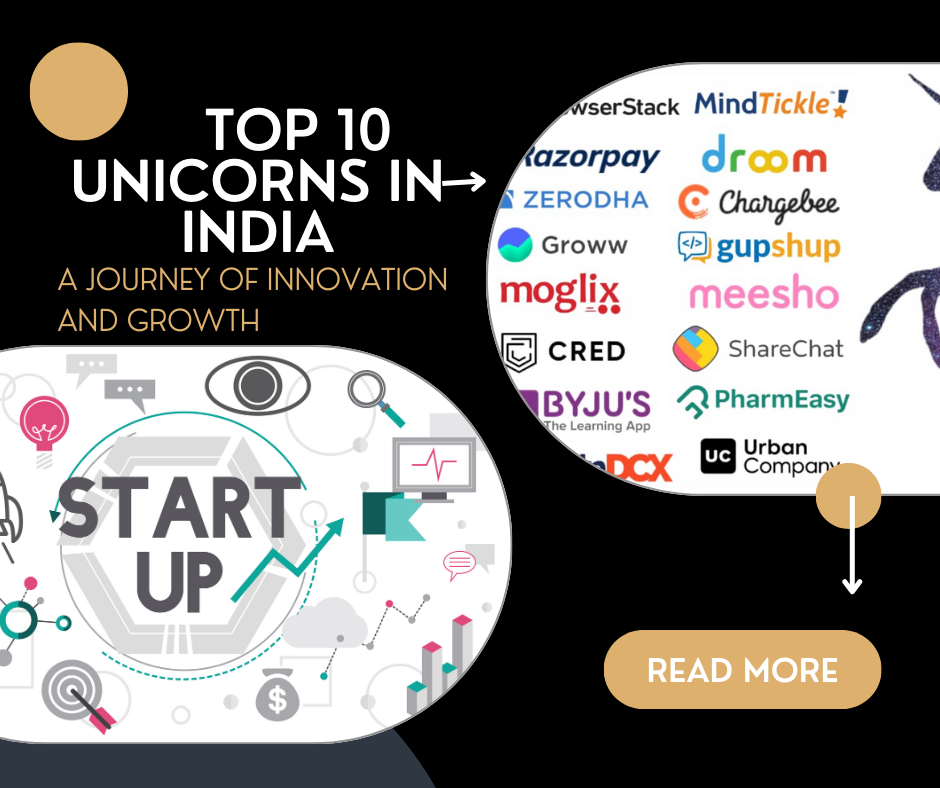
As we step into 2025, India’s technology policy landscape is at a pivotal juncture. Following a year of regulatory inaction in 2024, critical decisions loom on satellite communications, artificial intelligence (AI) infrastructure, and data protection. The backdrop of growing geopolitical pressures adds urgency to these discussions, highlighting the need for a cohesive and forward-thinking approach in India’s tech policy.
The Satellite Communications Frontier
India has made significant strides in satellite communications over the past decade, establishing itself as a key player in the global space. The Indian Space Research Organisation (ISRO) has launched numerous satellites, facilitating telecommunications, broadcasting, and data services advancements. However, as the demand for satellite-based services surges, this sector’s regulatory framework is increasingly under scrutiny.
In 2025, India faces the challenge of modernizing its satellite communication policies to foster innovation while ensuring national security. The introduction of next-generation satellite technologies, such as Low Earth Orbit (LEO) satellites, promises to revolutionize internet access, particularly in remote areas. However, the government’s regulatory approach must balance commercial interests with strategic considerations, especially amid rising competition from global players.
The pending decisions on satellite licensing and frequency allocation are crucial. Stakeholders, including private companies and foreign investors, are eager for clarity on the regulatory landscape to facilitate investments in satellite infrastructure. If managed effectively, this could position India as a leader in satellite communications, driving economic growth and enhancing digital inclusion.

AI Infrastructure: A Double-Edged Sword
Artificial intelligence has emerged as a cornerstone of technological advancement, with applications spanning healthcare, finance, education, and more. However, the rapid integration of AI technologies raises complex ethical, legal, and social questions that require careful consideration.
In 2025, India’s tech policy must address the dual challenge of fostering AI innovation while mitigating potential risks associated with AI deployment. The need for a robust AI infrastructure is evident, encompassing data accessibility, computational resources, and regulatory frameworks that encourage responsible AI development.
Data protection is a critical aspect of this discussion. As AI systems rely on vast amounts of data, ensuring the privacy and security of personal information is paramount. The government is expected to finalize a comprehensive data protection bill that addresses these concerns, balancing the need for innovation with the imperative of safeguarding citizens’ rights.
Moreover, India must leverage its strengths in software development and engineering to create a vibrant AI ecosystem. Collaborations between academia, industry, and the government can drive research and development, ensuring that India remains at the forefront of AI advancements. However, this requires a clear policy framework that encourages investment and innovation while addressing ethical considerations.
Trade Dynamics and Geopolitical Pressures
The intersection of technology, trade, and geopolitics is increasingly significant in 2025. As nations vie for technological supremacy, India must navigate a complex landscape marked by shifting alliances and competitive pressures. The ongoing U.S.-China tech rivalry, for instance, has implications for India’s trade policies and technology strategy.
India’s response to these geopolitical pressures will shape its tech policy decisions. The government is likely to prioritize self-reliance in critical technologies, encouraging domestic production and reducing dependence on foreign suppliers. Initiatives like “Make in India” and “Digital India” will play a crucial role in fostering innovation and attracting investments.
However, India must also remain open to international collaborations. Building partnerships with countries that share similar values and interests can enhance India’s technological capabilities and market access. Balancing self-reliance with global engagement will be key to positioning India as a major player in the global technology landscape.
How Data, AI, and Quantum Computing Are Transforming the Future of Work
The Role of Public Discourse
As India navigates these critical tech policy battles, public discourse will play a pivotal role. Engaging citizens, industry stakeholders, and academia in discussions around satellite communications, AI, and data protection is essential for fostering transparency and accountability.
Public consultations can provide valuable insights into the concerns and aspirations of various stakeholders. By incorporating diverse perspectives, the government can craft policies that are more inclusive and effective. Additionally, raising awareness about the implications of technology on society can empower citizens to participate actively in shaping the future of India’s tech landscape.
Conclusion
The year 2025 presents a unique opportunity for India to redefine its tech policy landscape in the face of evolving challenges and opportunities. With pending decisions on satellite communications, AI infrastructure, and data protection, the government must adopt a holistic approach that balances innovation with ethical considerations.
As geopolitical pressures intensify, India must leverage its strengths while remaining adaptable to the changing global dynamics. By fostering a collaborative environment and engaging in constructive public discourse, India can position itself as a leader in the technology sector, driving economic growth and ensuring the well-being of its citizens.
In navigating these tech policy battles, India has the potential to shape not only its technological future but also its role in the global arena, setting a benchmark for responsible and inclusive tech governance.





























